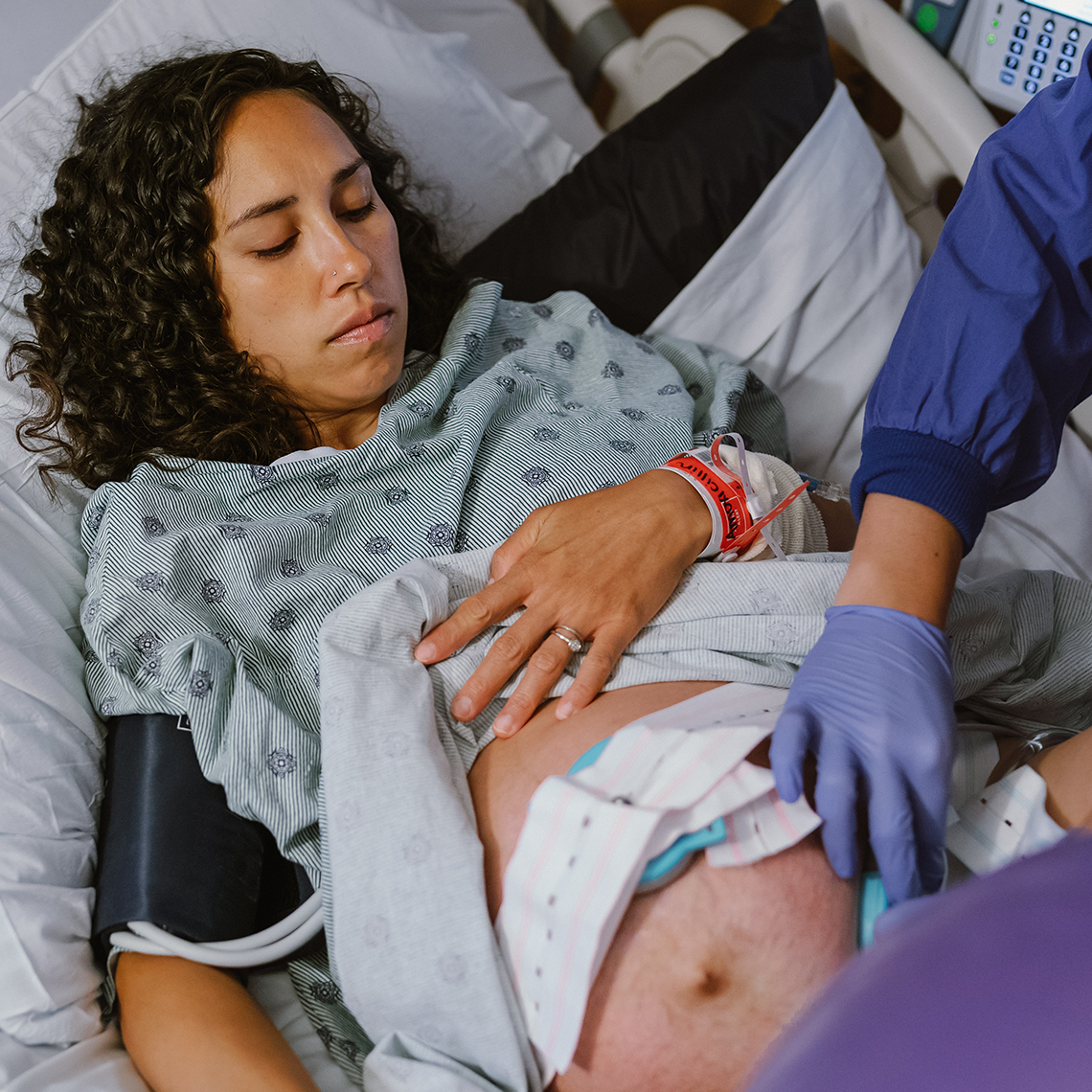Podcast
Doctors and the Law: A Judge Offers a Peek Behind the Gavel
May 11, 2017
Duration: 9:16
This podcast is an episode of Patient Safety Updates (now Medmal Insider). You can find other episodes and subscribe using the links to the right.
Commentator
- Hon. Hiller B. Zobel
Transcript
Unlike other areas of modern clinical practice, there still isn’t much training in medical school around what to do or what not to do as a malpractice defendant, or an expert witness for someone else’s case. In today’s podcast, we interview the Honorable Hiller Zobel, a retired Superior Court of Massachusetts Associate Justice who presided over many medical malpractice cases during his 26-year tenure. AND he is the co-author of a newly-released update of the “how-to” book he published with Dr. Stephen Rous, in 1993, called “Doctors and the Law.” Now a second edition of the book is out, giving doctors and other clinicians a fresh view, with new risks to talk about, and old risks that never really go away.
Q.) Thank you very much for joining us, Judge Zobel. We’re talking about doctors as defendants or expert witnesses at malpractice trials—and your book with Dr. Rous, “Doctors and the Law.” What was the main goal in writing—and now updating—Doctors and the Law?
A.) Well, the book was written to leave the reader with the impression that here’s somebody—the authors—who understands my problems, somebody who puts an arm around the doctor’s shoulder and says, ‘look, you’re really upset now and that’s okay, but we’re going to show you ways to deal with your upset, and we may even get you to feel that things aren’t as bad as you originally thought they were.’
Q.) Now, what’s changed in the past couple decades in medicine and law that made you think clinicians could use an update?
A.) Well, in the early 90’s, we didn’t have the internet. We didn’t have the kind of instant type of communication that we have now. We didn’t have iPhones that enable you to get all kinds of information practically whenever you want it, which means that lawyers would have much more information about a doctor. They have more information about other lawyers. They have more information about the plaintiff, and from the judge’s standpoint, jurors can get information about the kind of procedure or treatment that’s involved, and you have to be very careful to make sure that the jurors don’t do research on the side.
Q.) What do doctors need to keep in mind in the courtroom itself—as a defendant or an expert witness?
A.) The most important thing when a doctor is a witness—it is the most important thing, frankly, when anybody is a witness, but particularly doctors and particularly on cross-examination—first of all, understand the question. Second of all, answer the question. Third, when you’ve answered the question, shut up. It’s very hard sometimes for people to understand, particularly doctors, because in ordinary medical back and forth, doctors don’t answer questions yes, no, or whatever and stop. They get into a discussion because that’s one of the ways that they teach each other. But as we say in the book in several places, a legal situation is not grand rounds. You’re asked a question; make sure you understand the question, and answer it. And if it can be answered yes or no, you answer it yes or no. You don’t say yes, but let me further explain. You say yes and then wait for the next question. Very hard for people to understand that.
Q.) It’s not very often that we have a chance to talk to someone with your depth of experience running a courtroom. Any tips on how to please the judge during trial?
A.) Pleasing the judge? It’s not pleasing the judge that you want to think about, it’s what will DIS-please the judge. Judges don’t like time wasted. They don’t like clients who pull their lawyer’s sleeves and want to whisper to the lawyers. It’s important to recognize that the judge is in charge of the courtroom and in charge of making the litigation move along. I can understand from time to time, a doctor who wants to say, 'Judge, that’s wrong, he’s telling you nonsense.' Obviously, you can’t do that and you can’t bounce around. And if your wife is sitting next to you or your husband is sitting next to you, you can’t snuggle up. I’ve seen people do that. I sometimes had to tell the court officer to tell them to knock it off. If I were a doctor whose case was being tried, I wouldn’t think too much about what I can do to please to judge. The best thing a doctor can do when his case is on trial is leave it in the hands of their lawyer.
Q.) You’ve seen many trials and cases in your career, but most doctors, thankfully have not. Do you think they are over-concerned? Can you offer them any reassurance or wisdom to deal well with this situation?
A.) Well, most doctors think, to put it colloquially, that this the end of the world. Most doctors who are sued think that their license is on the line. They think that their career is in serious jeopardy. They feel betrayed by the patient, that they tried to help, and now the patient is suing them. They're not used to being treated as the villains. They're not used to having professional equals, that is other doctors, criticize them in public and say that the doctor, the defendant was liable for the (that is responsible for) the terrible injury that the patient suffered or the death of the plaintiff’s loved one. Doctors don’t operate in that kind of a world. Doctors aren't used to having somebody, in essence, say, 'This person isn't telling the truth, or this person doesn't know what he's talking about.' That's tough medicine, if I can put it that way, for the average physician. The fact of the matter is that a lot of medical malpractice cases get dropped before trial and when they do go to trial, the doctor wins about 90% of the time. Well that’s pretty good odds, you know, 9 to 1. You can’t get that even on the Patriots. But doctors like most people faced with serious issues tend to think the worst. I know a lawyer who kept a little plaque on his desk that said, ‘I’ve had a lot of troubles in my life and most of them haven’t happened.’
Q.) Of course, prevention is always better; do you have any advice for doctors to help them stay out of court altogether?
A.) The best thing you can do not to be sued is obviously not to make an error. But apart from that, I think it’s very important to develop a relationship with the patient long before the episode, in which the patient regards you, not as a friend but as a supporter, as someone who is in your corner, who is doing his best to make you well. And the next thing you can do if an injury occurs, is to be frank and open with the patient. To take advantage, if you will, if the statute is such in your jurisdiction of the immunity you get for the so-called apology. That is the apology statute. Those I think are the three things you can do, not to completely avoid, but to minimize the risk of litigation.
Thank you. The Honorable Hiller Zobel, retired Associate Justice of the Massachusetts Superior Court, and co-author of “Doctors and the Law: A guide for physicians entering uncharted waters,” second edition, which is available in paperback through the web, at Amazon.com
About the series
Even in the safest healthcare setting, things can go wrong. For more than 40 years, CRICO has analyzed MPL cases from the Harvard medical community. Join our experts as they unpack what occurred and the lessons learned for safer patient care from the causes of these errors.
Episodes
Bad Finger, Good Documentation

Battery in Toddler’s Nose Missed at First

A Pending Test at Discharge and a Return with Sepsis


